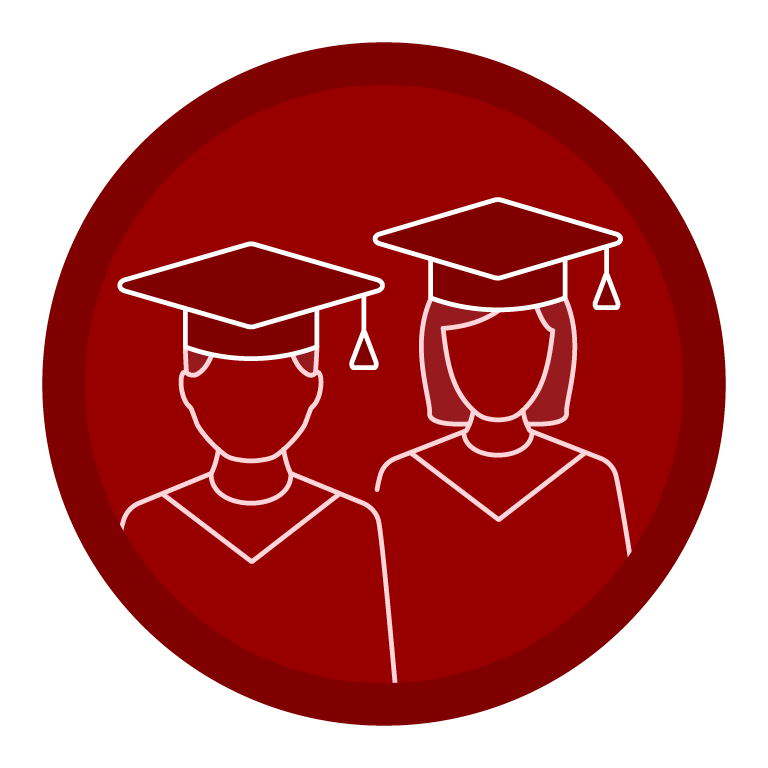IUB will ensure the long-term success of all students—undergraduates, graduates, professional students, online, and lifelong learners— by providing the highest quality of education through a rich and engaging environment.
Goal 1 | Undergraduate Academic Experience and Career Preparation
Goal 2 | Graduate Student Academic Experience and Career Preparation



